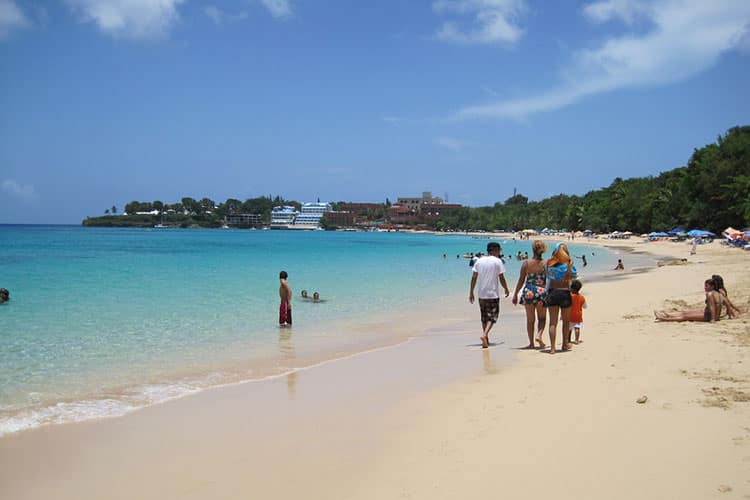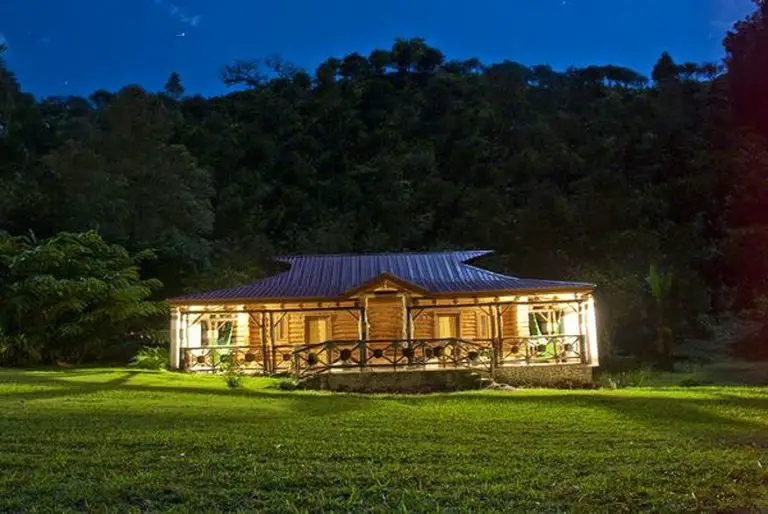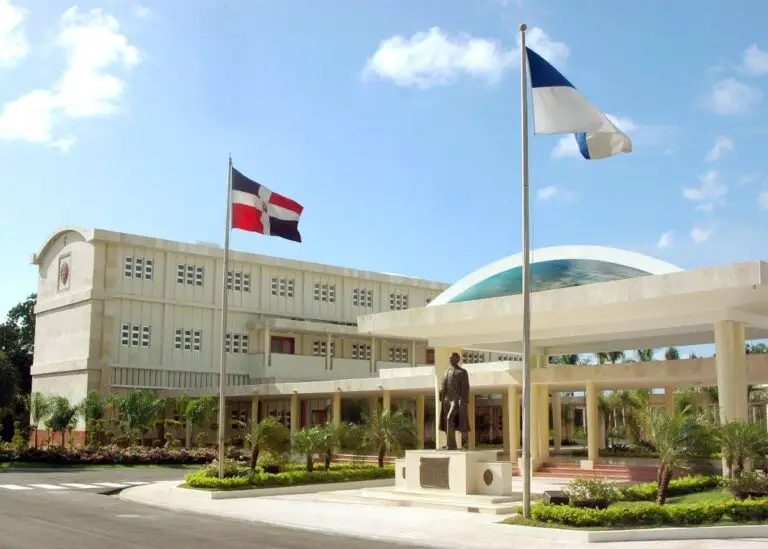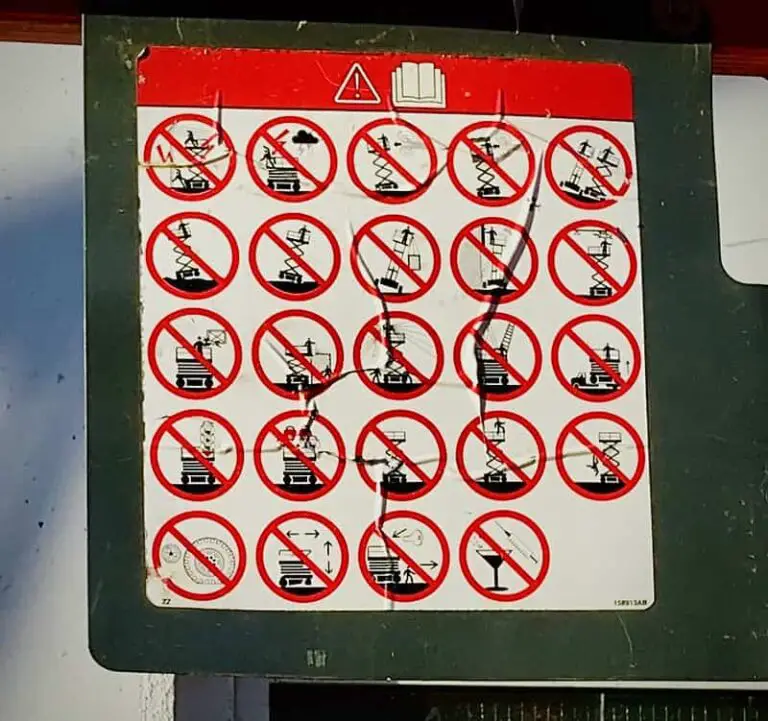Prohibitions on Beaches in The Dominican Republic

The beaches of the Dominican Republic represent a fundamental resource not only for the recreation and enjoyment of the population but also a strategic economic asset of the nation, since, on them rests the most important activity that drives the development of the country: Tourism, which contributes an important percentage of the Gross Domestic Product (GDP).
However, many users, both locals and tourists are sometimes unaware of the prohibitions and rights they have to this space, which is shared by all.
One of the most unfair prohibitions, in relation to the use of the beaches and that affects the locals, is that, although in the Dominican Republic the beaches are usually cataloged as “public” and “private”, this is prohibited by law, it is assumed that the beaches are not for private use for anyone, and all citizens have the right to use them.
Every citizen can enjoy, access, spend the night, and recreate in these spaces, with the particularity of not having to ask for permission, as is unfairly the case in some protected areas.
According to the Constitution of the Republic and Law 64-00 on the Environment, beaches are considered maritime, terrestrial or coastal public domain property, which belongs to the State and not to anyone in particular, and there is no private property right over them.
Any activity that implies the restriction of the citizen’s right to access the beaches is forbidden, for that reason, it is not allowed to delimit them with fences, take them as private property, impede the transit of someone or prevent from spending the night on them.
Other prohibitions on Dominican beaches
The same applies to activities such as extracting sand, building without the authorization of the Executive Branch and the Ministry of Environment, dumping waste or introducing machines that compact or damage the sand, removing elements of biodiversity such as coastal species such as marine plants, crustaceans.
These offenses carry fines established in Law 64 00 ranging from half to 3 thousand minimum wages depending on the damage caused and the socioeconomic capacity of the offender.
In the case of the boats that offer services on the coasts, they must have a permit from the Dominican Navy, the entity that issues registration and navigation certificate and specifies the routes so as not to hinder the free space of the bathers.
Law 305-68 also establishes a strip of 60 meters from high tide in which all types of construction are prohibited. However, there is an exception via the Executive Power that can authorize hotel complexes to make rational and harmonious use of those 60 meters, without privatizing the area and respecting the free transit of people.
This 1968 law was intended to leave free space for navigation, but today it is vital for tourism development, biodiversity conservation and recreation.
In the country, there are 192 beaches suitable for bathers in 17 coastal provinces.
Some other prohibitions on Dominican beaches include, no littering on the beach, no nudity, and motorized vehicles such as jet skis are prohibited on most fully public beaches.
In some beaches that are protected areas, as for example in Isla Saona, it is forbidden to remove anything that can alter its ecosystem, whether sand, seashells or any type of biological organism.







